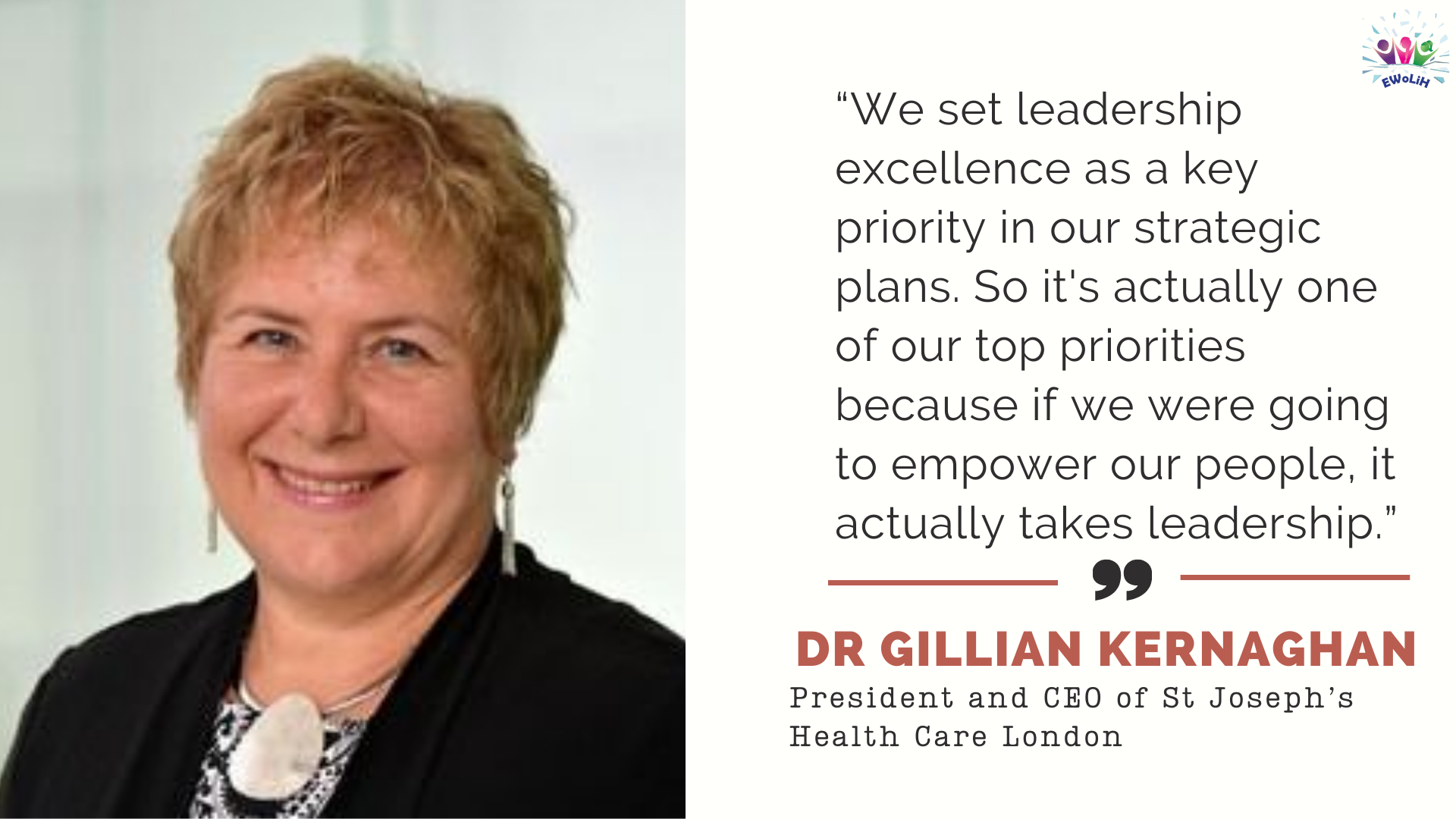
Collaborative Leaders
Purposefully Build Partnerships and Networks to create EDI results
Demonstrate a Commitment to coalitions among diverse groups and perspectives aimed at learning to improve service
Need to make an effort to bring people up
Mobilize Knowledge
Navigate Socio-Political Environments
Need to bring people with different levels of power
Developing EDI-Informed Coalitions
Ivy Lynn Bourgeault, University of Ottawa & Canadian Health Workforce Network
Just as EDI considerations inform leadership capabilities within one’s discipline, group or organization, it also translates to the development of coalitions with others, the fourth D in the LEADS Framework. Collaborative leaders develop coalitions to create EDI awareness and achieve EDI goals within and across disciplines, groups and organizations. Partnerships are purposively built to create these EDI results with notable time and attention paid to create ongoing relationships of trust. This may involve coming to terms with broken trust from past interactions, a key lesson from the Truth and Reconciliation Commission Calls to Action. Collaborative leaders demonstrate a commitment to coalitions with diverse groups and perspectives aimed at learning how to improve service accessibility and cultural safety and acceptability. EDI knowledge within and across organizations is mobilized towards those ends. A purposeful effort to bring people with different voices, experiences, and forms of power to the table and mentoring up, within and across organizations helps to navigate complex socio-political and cultural environments.
Addressing systemic racism in healthcare
A reflection article that shares the racism experienced by Dr. Nabeela Nathoo, a second- generation Canadian of East-Indian descent
For Women of colour in Medicine, the Challenges Extend Beyond Education $
a post by Jessica Yang on how societal structures influence the experiences of Women of Colour, from the medical school application process and beyond. The post includes an interview with Uche Blackstock, M.D. about some of her experiences as a Black woman in emergency medicine in the United State
Breathe, then speak
Tenille discusses the harmful impact of settler colonialism and the intentional and unintentional perpetuation of negative stereotypes about Indigenous communities. She reflects on attempts to avoid invoking or repeating narratives about trauma and healing, particularly in what she often perceives to be unsafe settler spaces.
The Lancet Group’s commitments to gender equity and diversity $
The Lancet Group is committed to increasing diversity and inclusion in research and publishing, and in particular to increasing the representation of women and colleagues from low-income and middle-income countries among our editorial advisers, peer reviewers, and authors. The Lancet Group is committed to no all-male panels (“manels”).
New Study: Almost Two-Thirds of Professional Event Speakers Are Male
Bizzabo analyzed event data from thousands of events over the past seven years and discovered that events still have a long way to go when it comes to gender diversity. The report analyzed the gender diversity of more than 60,000 event speakers over a seven-year period, from 2013 to 2019. The study spanned 58 countries across five continents, 45 industries and thousands of the world’s largest professional events.
CAUT welcomes settlement on equity targets for Canada Research Chairs Program
The Canadian Association of University Teachers (CAUT) is welcoming the announcement that an agreement has been reached to ensure more robust equity targets, transparency, and accountability within the Canada Research Chairs (CRC) Program. The settlement builds upon recent government changes to enhance equity, diversity and inclusion in the CRC program, and caps a process started in 2003 by eight academics who, with the support of CAUT, filed a complaint with the Canadian Human Rights Commission over the program’s failure to reflect the diversity of Canada’s university researchers.
Well-intentioned Bias
The author provides answers to "We all have biases" from faux DEI experts.















